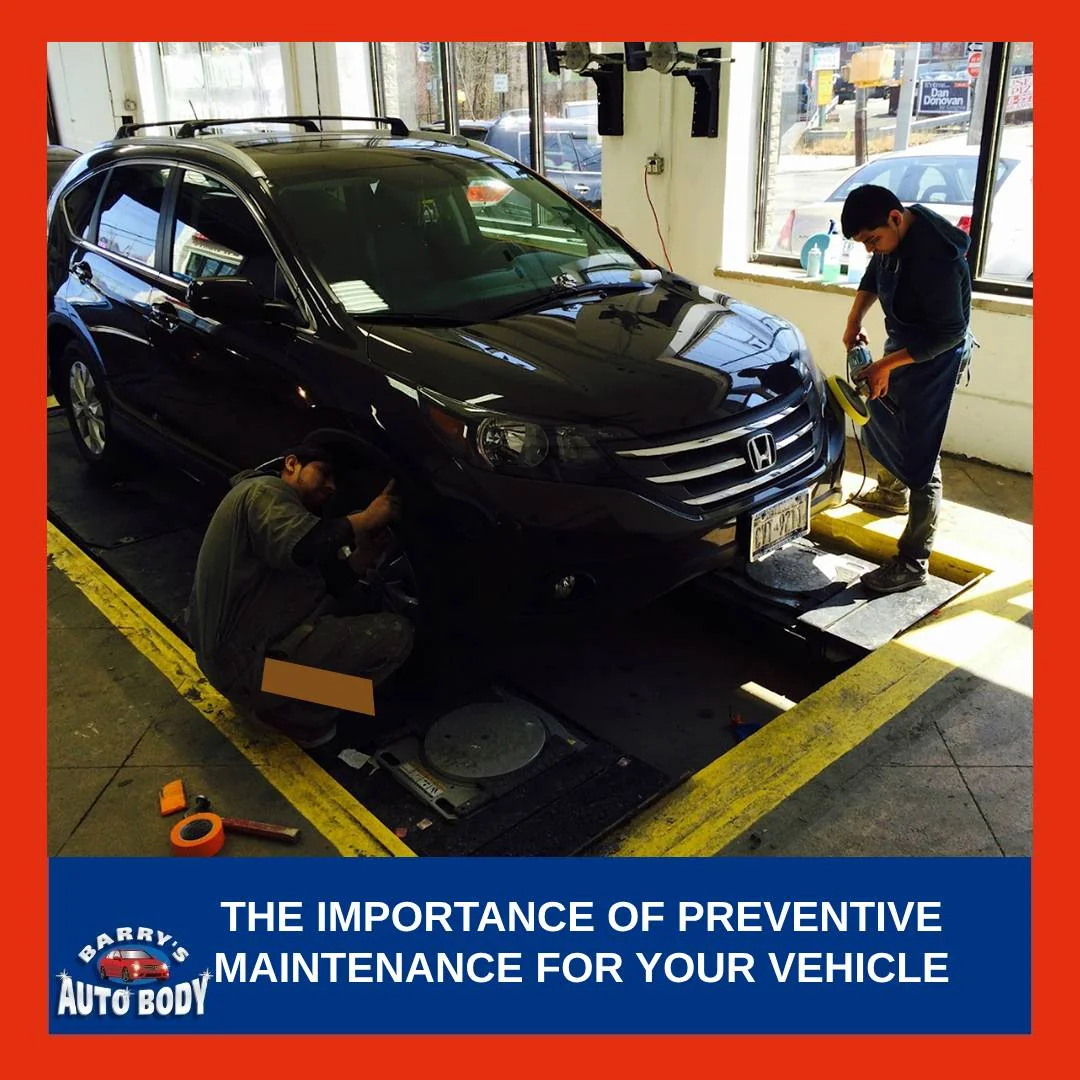Your vehicle is more than just a mode of transportation; it’s a trusted companion, an essential part of your life. To keep it reliable and cost-effective, you must prioritize preventive maintenance. In this comprehensive guide, we’ll explore why preventive maintenance is a wise investment in saving money and extending your vehicle’s lifespan.
The Basics of Preventive Maintenance
At its core, preventive maintenance means taking proactive steps to care for your vehicle before problems arise. It’s about prevention, not reaction. This approach involves regular inspections, adjustments, and parts replacement to keep your vehicle in optimal condition. By doing so, you can avoid unexpected breakdowns and costly repairs.
The Financial Benefits of Preventive Maintenance
One of the most compelling reasons to embrace preventive maintenance is the potential for long-term cost savings. Here’s how it works:
1. Preventing Costly Repairs: You can avoid expensive repairs by addressing minor issues before they become major problems. For instance, regularly changing the engine oil is relatively inexpensive compared to the cost of a new engine.
2. Improved Fuel Efficiency: Regular maintenance, such as replacing air filters and ensuring proper tire pressure, can significantly improve your vehicle’s fuel efficiency. This means fewer trips to the gas station and more money in your pocket.
3. Extended Vehicle Lifespan: A well-maintained vehicle lasts longer. By investing in preventive maintenance, you can delay the need for a new vehicle, which is one of the most significant expenses you’ll encounter.
Extending Your Vehicle’s Lifespan
Proper maintenance can add years to your vehicle’s lifespan. Here’s how:
1. Engine Longevity: Regular oil changes and filter replacements keep your engine in shape. A well-maintained engine can last well beyond 200,000 miles.
2. Transmission Care: Ensuring your transmission is in good condition prevents costly repairs and extends the life of your vehicle.
3. Brake and Suspension Health: Brake pad replacement, fluid checks, and suspension maintenance help prevent accidents and keep your vehicle running smoothly for years.
Components of Preventive Maintenance
Effective preventive maintenance consists of several key components:
1. Oil Changes: Regular oil changes are the cornerstone of preventive maintenance. Clean oil lubricates your engine and prevents wear and tear.
2. Fluid Checks: Routine checks and top-ups of fluids like transmission fluid, coolant, and brake fluid are essential to your vehicle’s health.
3. Tire Care: Proper tire maintenance includes checking pressure, rotating tires, and ensuring alignment. Well-maintained tires improve handling, safety, and fuel efficiency.
4. Air Filters: Changing air filters regularly ensures your engine receives clean air, optimizing its performance.
5. Battery Inspection: Checking your battery can help avoid being stranded with a dead battery.
The Role of Scheduled Maintenance
Vehicle manufacturers provide maintenance schedules tailored to each model. These schedules are based on extensive testing and research, making them the best guidelines to follow. They typically include oil changes, filter replacements, fluid checks, and inspections of crucial components.
Adhering to your vehicle’s maintenance schedule ensures that your car or truck gets the care it needs when it needs it. It’s the best way to prevent issues before they arise and to maximize your vehicle’s longevity.
Preventive Maintenance: Beyond the Basics
Basic preventive maintenance is crucial, but advanced maintenance options exist:
1. Diagnostic Tools: Some modern vehicles have diagnostics systems that alert you to potential problems. Regular diagnostic checks ensure your vehicle’s health.
2. Professional Check-Ups: Bringing your vehicle to a professional mechanic for regular inspections can uncover issues that you might miss.
Seasonal Maintenance Considerations
Different seasons bring different challenges for your vehicle. Consider the following seasonal maintenance tasks:
1. Winter Preparation: Preparing your vehicle for winter involves checking antifreeze levels, ensuring your battery is strong, and equipping your car with appropriate tires.
2. Spring Cleaning: Spring can be the perfect time for thorough cleaning, waxing, and checking for any damage caused by winter weather.
3. Summer Cooling: Ensure your air conditioning system works correctly for a comfortable summer ride.
4. Fall Maintenance: Preparing for the fall might include checking your heating system and ensuring your tires are ready for slippery conditions.
DIY vs. Professional Preventive Maintenance
Deciding between DIY and professional maintenance can be challenging. Consider the following factors:
DIY Pros:
- You can save on labor costs.
- You have control over the maintenance process.
DIY Cons:
- You need to invest in tools and equipment.
- Lack of experience can lead to mistakes.
Professional Maintenance Pros:
- Experienced mechanics can detect issues you might miss.
- They have specialized tools and diagnostic equipment.
Professional Maintenance Cons:
- It can be more expensive than DIY.
In conclusion, preventive maintenance is your vehicle’s best friend. It saves you money by preventing costly repairs and extends your vehicle’s lifespan. You can enjoy a reliable and long-lasting vehicle by understanding the basics of preventive maintenance, adhering to your vehicle’s maintenance schedule, and considering seasonal maintenance. Whether you choose to handle some maintenance tasks yourself or rely on a professional, the key is proactive care. Preventive maintenance not only benefits your vehicle but also the environment. So, remember, regular maintenance is not an expense but an investment in your vehicle’s future and peace of mind.

